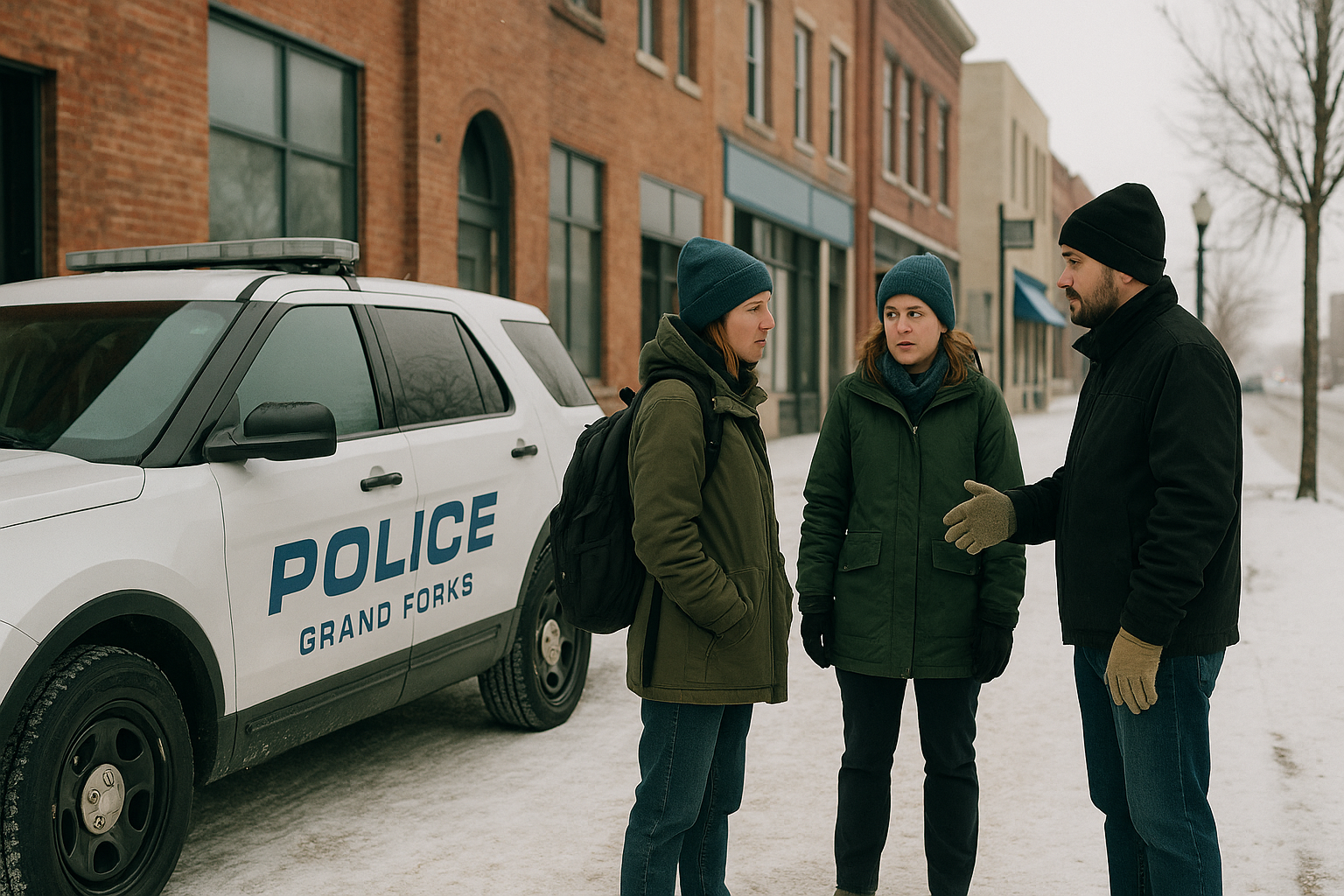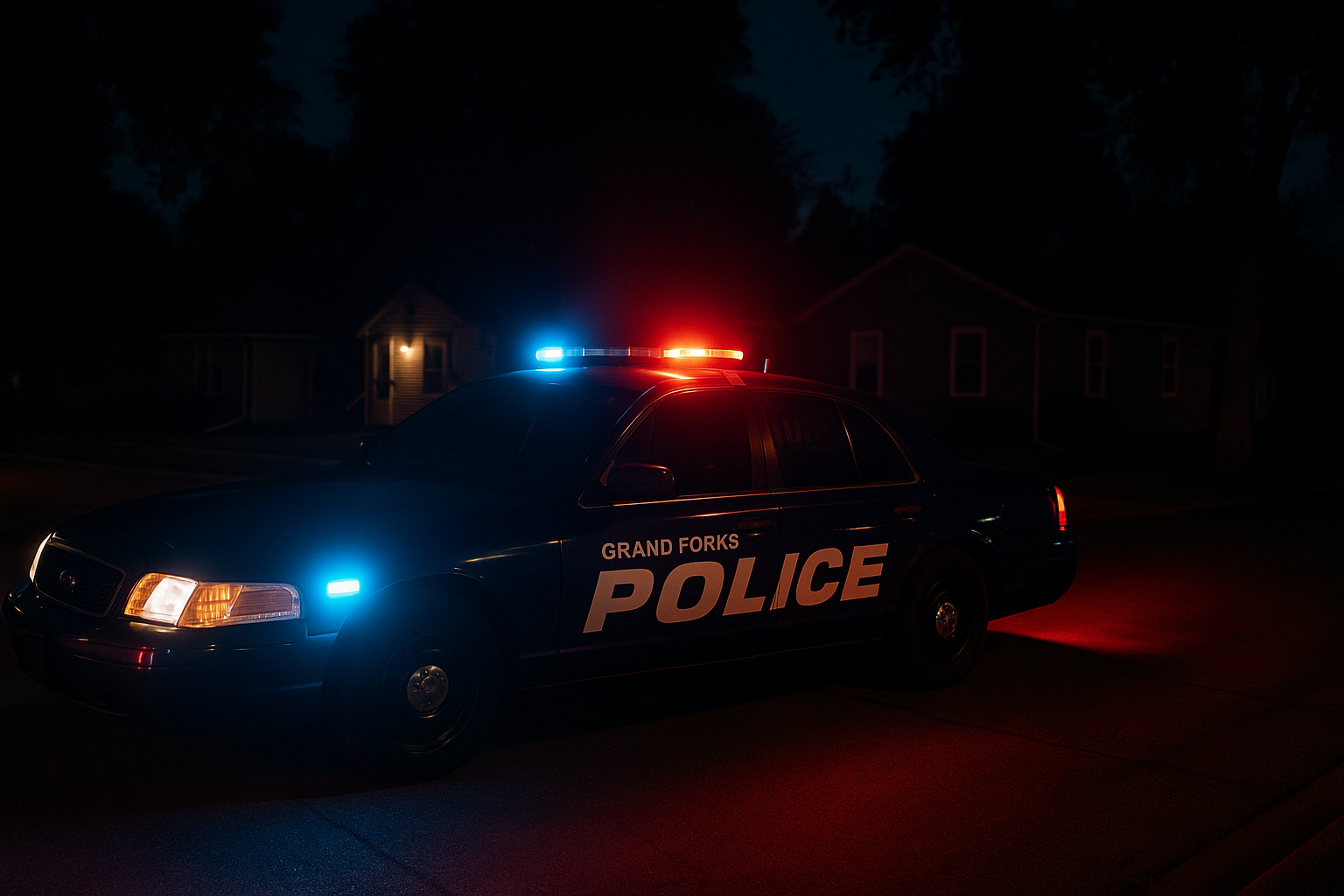City leaders in Grand Forks are forming a new Homelessness & Housing Working Group after learning that just six individuals generated more than 1,000 calls to police over four years, straining emergency services and highlighting urgent gaps in housing and behavioral-health support.
The move signals a major shift toward prevention and equity-driven solutions, as officials seek to balance public safety, compassionate response, and long-term housing stability for vulnerable residents.
High-frequency emergency calls — often tied to homelessness, mental-health needs, and substance-use crises — have stretched police resources and diverted officers from other community needs.
High-frequency emergency calls — often tied to homelessness, mental-health needs, and substance-use crises — have stretched police resources and diverted officers from other community needs.
Grand Forks officials say the new initiative will help the city move beyond crisis response by coordinating:
✅ law enforcement
✅ social services
✅ mental-health outreach
✅ emergency shelter support
✅ long-term housing solutions
The working group will track outcomes and connect individuals to sustainable housing and services, aiming to reduce repeat calls and improve safety for everyone.
This effort reflects broader national trends as cities adopt “housing first” and wraparound care models shown to lower costs and improve community health.
“If six people are driving over a thousand calls, it’s a system problem — not just a policing problem,” said Grand Forks Assistant Police Chief Justin Ash.
“When someone’s in crisis over and over, the answer can’t be jail or a squad car. This working group is about giving people stability — and giving emergency responders relief.”
This new working group represents a pivot from reaction to prevention — shifting Grand Forks toward solutions that protect community safety while supporting vulnerable residents with housing, mental-health care, and connection.



